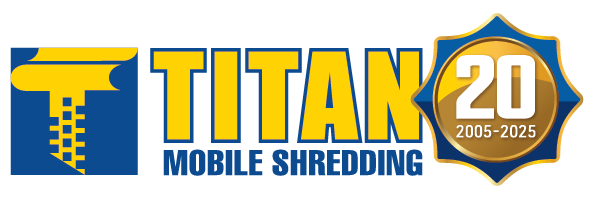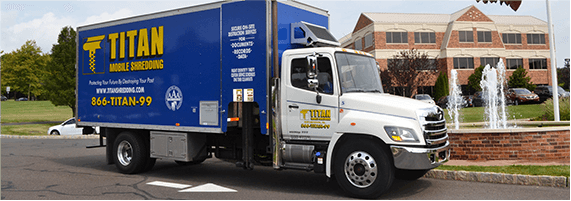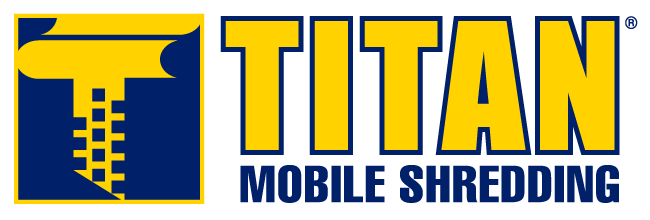Advice from Your Professional Paper Shredding Company
Does your work desk look like it’s been hit by a tsunami, or does it seem like everything has a place, and there is place for everything? Do you like to work in spaces that are overflowing with papers, pens, pins and hundreds of other knickknacks, or are you happier in a work environment that is clean and clutter-free?
Generally speaking, tidiness is the key to efficiency. Messy desks can also potentially put your organization’s confidential information at risk. Fraudsters who gain access to your workspace can also just walk by and steal papers or data from the desks, leaving your company vulnerable to several different types of risks.
However, maintaining a clean work desk may come more easily to those who are habitually neat freaks. Those who thrive on chaos may have to schedule time for periodic decluttering to keep important information from falling into the wrong hands.
Best Practices for a Decluttered Workspace
One of the simplest ways to protect your company and prevent fraud is to introduce a formal ‘Clean Desk’ policy. This will ensure that everyone keeps their work desks clean at all times. The policy can be cascaded to all staff members through proper training and awareness programs and fortified through periodic, surprise inspections. Your staff should be made aware of anomalies and sensitized to the potential risks of clutter found at their desk during such inspections.
If your company does not have a formal policy in place, try to follow some of these best practices to keep your work environment neat and tidy. These practices will also come in handy for your workspace at home:
- Safe Storage: PowerPoint presentations, minutes of a meeting, or even Post-it notes with your scribbling can contain information that is confidential. File or store all your loose papers systematically and categorize them based on how frequently you need them. Keep all frequently needed papers most accessible, yet safely locked in drawers or file compactors. Periodically review your papers, files and printouts, and discard the ones that you do not need. Use only a safe disposal method by shredding the documents, discs, or thumb drives when you wish to get rid of them. Businesses that have a document management policy in place typically define the timelines and process for filing, labelling, and shredding documents.
- Clear Your Desks: Organize the items on your desks or work stations by how often you use them. Store pens, pencils, markers, erasers, and other stationary items methodically in compartmentalized desk stands or drawers. Clean your beverage mugs at the end of each work day. Maintain minimal desk décor on the pin boards or desks; try not to overload your workspaces with frames, vases, photographs and other personal items.
- Avoid Stockpiling: As a thumb rule, try to maintain a one-in-one-out sort of system. If you buy new stationery items to replace your old ones, ensure that you trash the old ones. If you buy new phones, hard drives or thumb drives, transfer the data or information and format the old ones, or dispose of them using a digital shredding service. This will prevent stockpiling and unnecessary clutter.
For safe and systematic disposal of documents, rely on TITAN Mobile Shredding, a professional, NAID AAA Certified company. We offer a host of on-site and off-site services such as annual bulk purges, routine on-site shredding, and destruction of digital media such as hard drives, discs, tapes, and thumb drives.
To speak to the data destruction professionals at TITAN Mobile Shredding, call us at (866) 848-2699 or contact us online to request your free quote.



